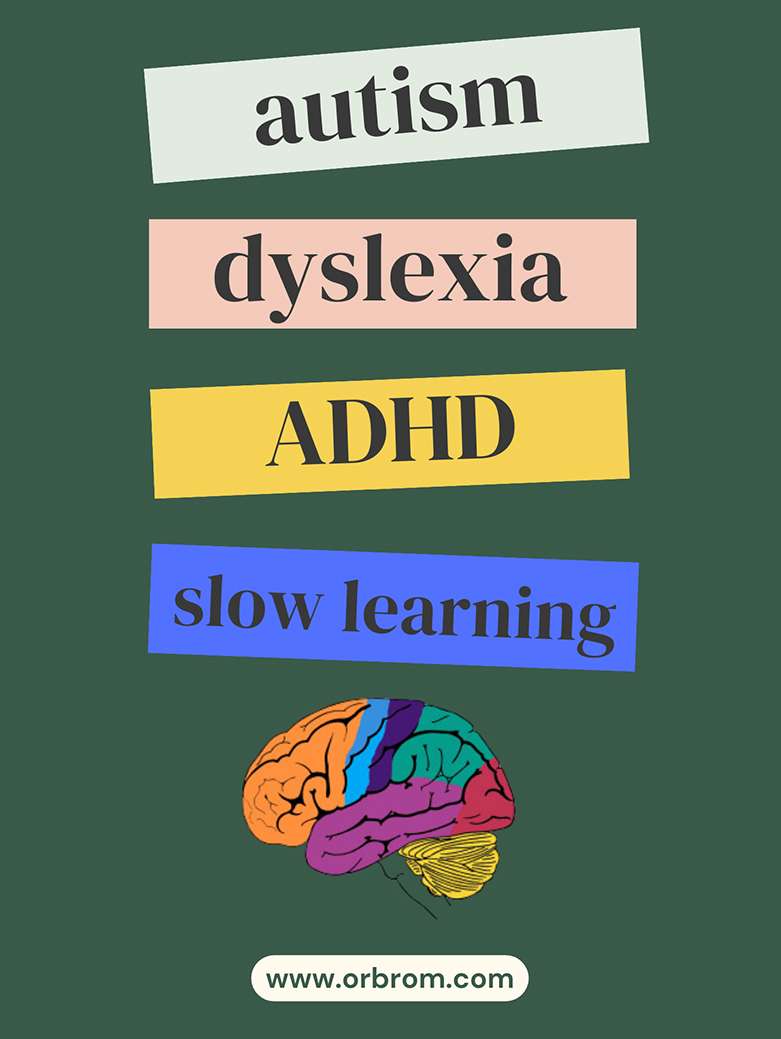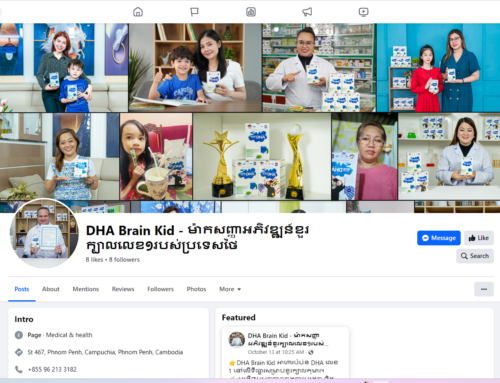Selective mutism, often shrouded in mystery and misunderstanding, is a complex anxiety disorder characterized by the inability to speak in certain social situations. While individuals with selective mutism can communicate readily in safe environments, they become inexplicably mute in settings that trigger anxiety, such as school, social gatherings, or even specific individuals. This silence, though seemingly voluntary, is not a choice. It’s a symptom of overwhelming anxiety, akin to a “freeze response” that renders speech impossible.
Understanding the Spectrum:
The presentation of selective mutism varies widely. Some individuals may only be silent in specific situations, like school roll call, while others remain mute in most social settings. Some may communicate nonverbally through gestures or writing, while others struggle with any form of communication. The severity and duration also differ, with some experiencing it for a few months, while others endure it for years or even into adulthood.
Beyond Shyness:
It’s crucial to differentiate selective mutism from shyness or social anxiety. Shy individuals may hesitate to speak in unfamiliar settings but can generally communicate when comfortable. Selective mutism, however, involves a complete inability to speak due to anxiety, regardless of the person’s desire to communicate.
Causes and Risk Factors:
The exact cause of selective mutism remains unclear, but several factors are linked to its development. Temperament, family history of anxiety disorders, and traumatic experiences are potential contributors. Additionally, children with speech and language delays or hearing problems may be more susceptible due to increased pressure to speak.
Early diagnosis and intervention are crucial for successful management of selective mutism. A multidisciplinary team, including pediatricians, speech-language pathologists, and psychologists, can provide a comprehensive evaluation and develop a tailored treatment plan. Treatment options often involve psychotherapy, family therapy, and speech-language therapy, focusing on reducing anxiety, building communication skills, and creating safe spaces for expression.
Supporting Individuals with Selective Mutism:
Understanding and patience are key when interacting with someone with selective mutism. Avoid pressuring them to speak, as this can worsen their anxiety. Instead, offer alternative communication methods, such as writing or drawing, and provide opportunities for them to engage in activities they enjoy in safe environments. Building trust and creating a supportive atmosphere are essential for fostering communication and progress.
Looking Ahead:
While selective mutism can be challenging, it’s important to remember that it’s a treatable condition. With proper support and intervention, individuals with selective mutism can learn to manage their anxiety and develop effective communication skills, leading to greater participation in social settings and improved quality of life.
If your child or someone you know exhibits signs of selective mutism, seeking professional guidance is crucial. Contact OrbRom Center Today!!!
By understanding this condition, recognizing its triggers, and accessing appropriate support, individuals with selective mutism can find their voice and thrive in a more understanding world.
Services for Autism, ADHD, Dyslexia, Spelling Difficulty, social and slow learning, Down Syndrome, and Selective Mutism. OrbRom is the best option in Phnom Penh.
If you are concerned about your child’s development, Contact OrbRom Center for Assessments.
Phone/Telegram: 077.455.993
Telegram Link: https://t.me/OrbRom







